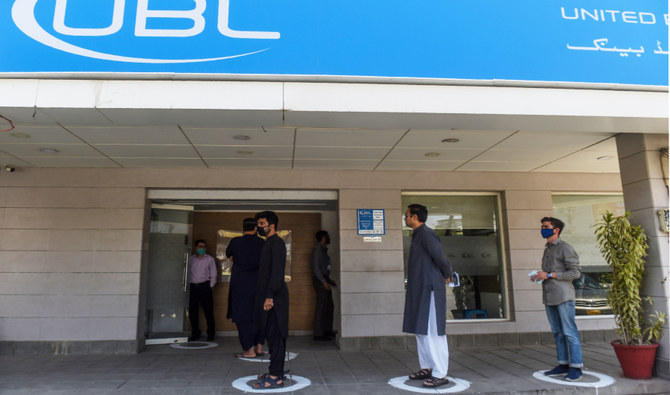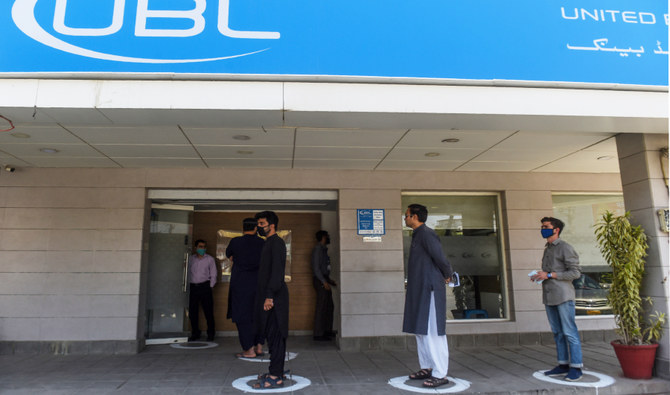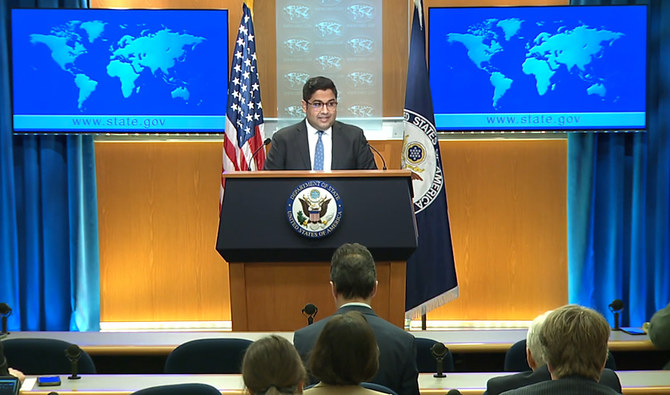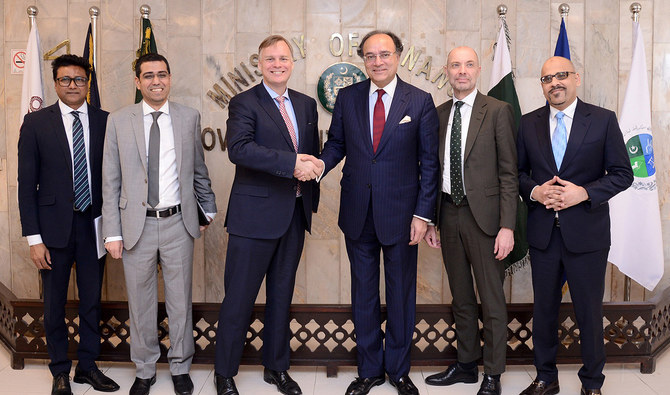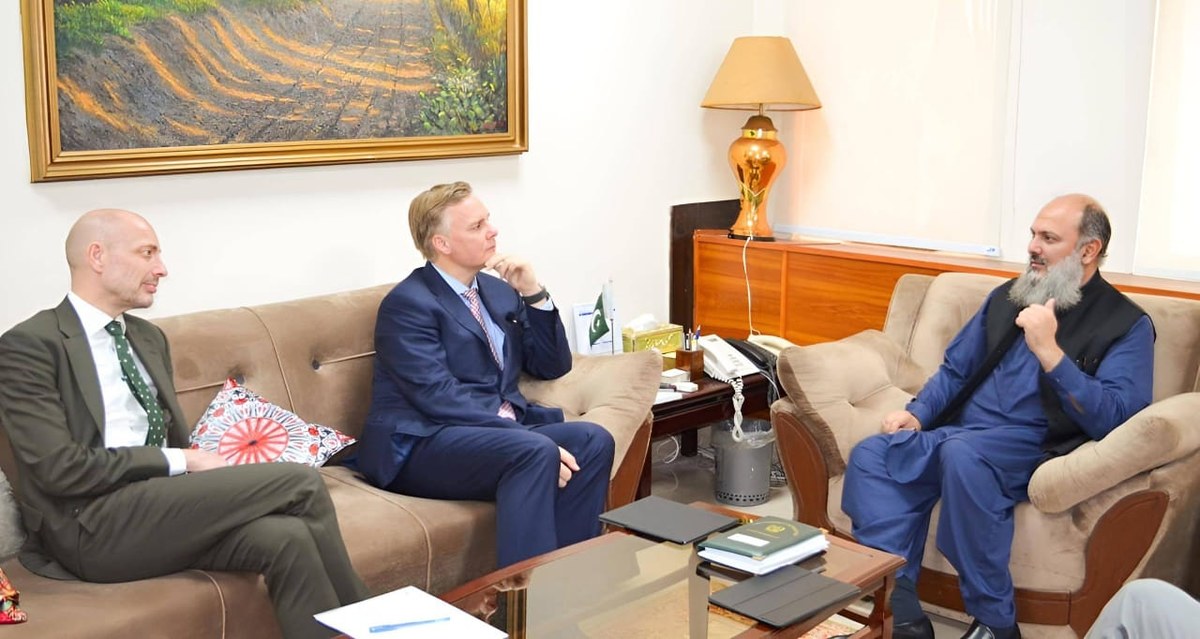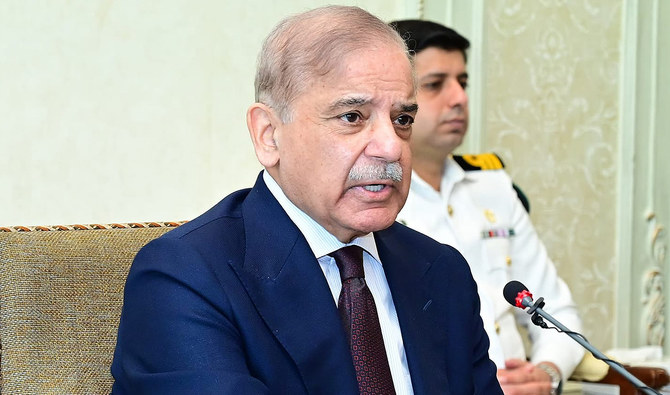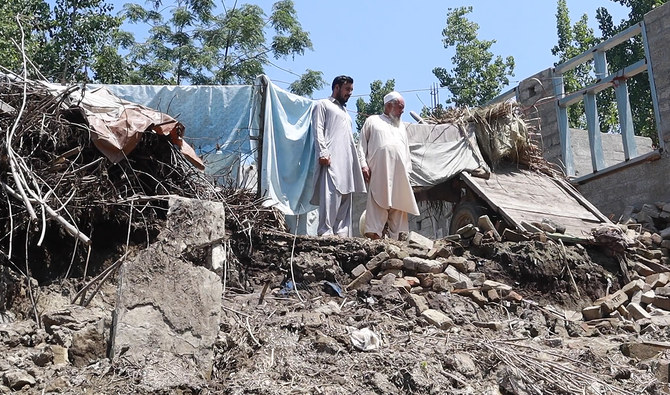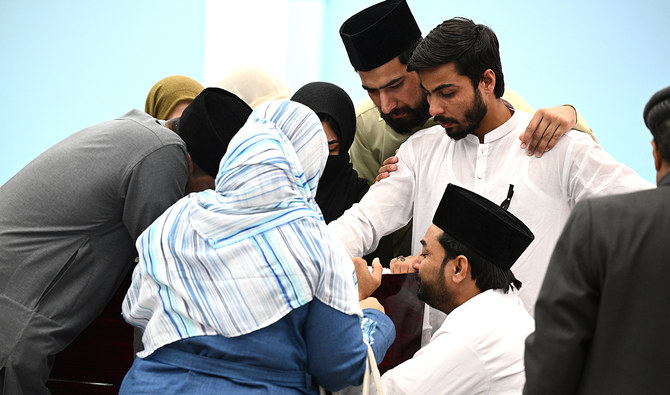KARACHI: As most of Pakistan undergoes near complete lockdown to combat the spread of the coronavirus pandemic, the central bank has allowed commercial banks to start ‘Doorstep Cheque Collection’ and ‘Direct Cheque Deposit’ facilities to limit social interaction, a circular issued by the State Bank of Pakistan said on Saturday.
Bankers and businessmen say the central bank’s move will minimize the risk of the virus spreading and ensure the timely supply of liquidity to industries in the South Asian country where over 1,500 people have so far tested positive for the virus with at least 13 deaths.
Eastern Punjab province is leading the tally of total cases with 570 cases, followed by Sindh with a reported 469 cases on Sunday.
For the continued supply of food, medicine and other necessities, the government has declared banking among “essential services,” permitted during the lockdown.
Under the ‘Doorstep Cheque Collection Facility,’ commercial banks and Micro Finance Banks (MFBs) may make arrangements to collect cheques from the registered addresses of customers upon request, the state bank circular said, while addressing the presidents and CEOs of commercial banks.
It added that as part of the service, a crossed cheque may be presented by the payee/beneficiary directly into the paying/drawee bank, instead of their bank branches.
In order to minimize footfall in banks, the central bank has also allowed banks and MFBs to offer drop box cheque collection facilities under which customers can simply drop their cheques into drop boxes installed in select bank branches.
“Banks may allow their Corporates/Priority customers to send them the scanned image of the cheque along with relevant details of the Beneficiary either through registered emails or through mobile Apps of their banks to push funds from their accounts to the payee bank,” the circular further said.
Bankers say the central bank’s move will expedite the cheque clearance process that normally takes at least two days.
“It will lead to sort of real time transactions and will minimize the time of cheque clearance. It will also ensure ease of dealing with customers with limited person to person interaction, ”Ahmed Ali Siddiqui, senior banker and director for the Center for Excellence in Islamic Finance (CEIF) at the Institute of Business Administration in Karachi, told Arab News.
Businessmen say the move is expected to quicken the process of cheque clearance, which is the need of the hour for industries and traders.
“In the current situation, this move of central bank will ensure the supply of much needed liquidity to the industries at fast pace,” Shaikh Amjad Rashid, a convenor at the Federation of Pakistan Chambers of Commerce and Industry, told Arab News.


